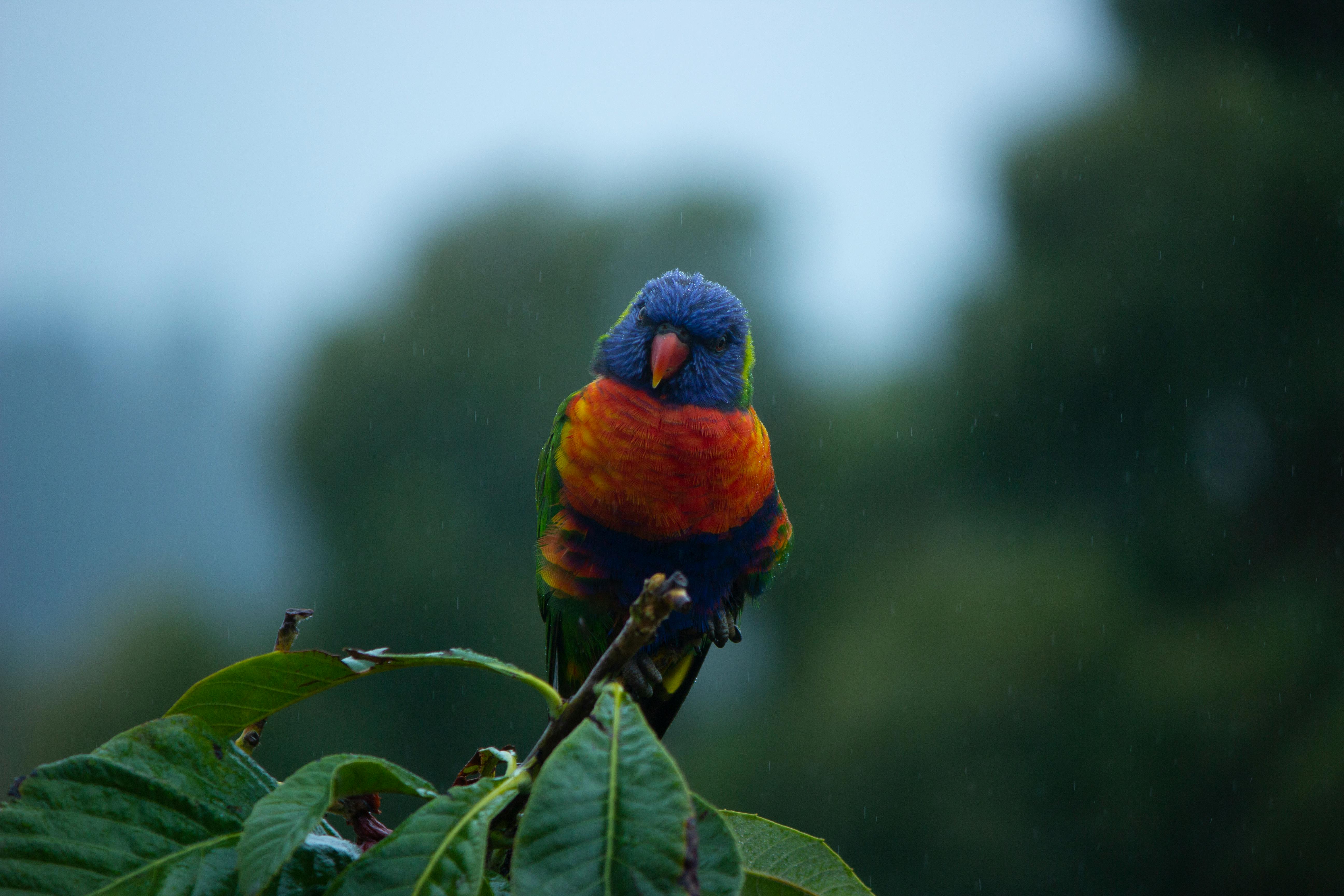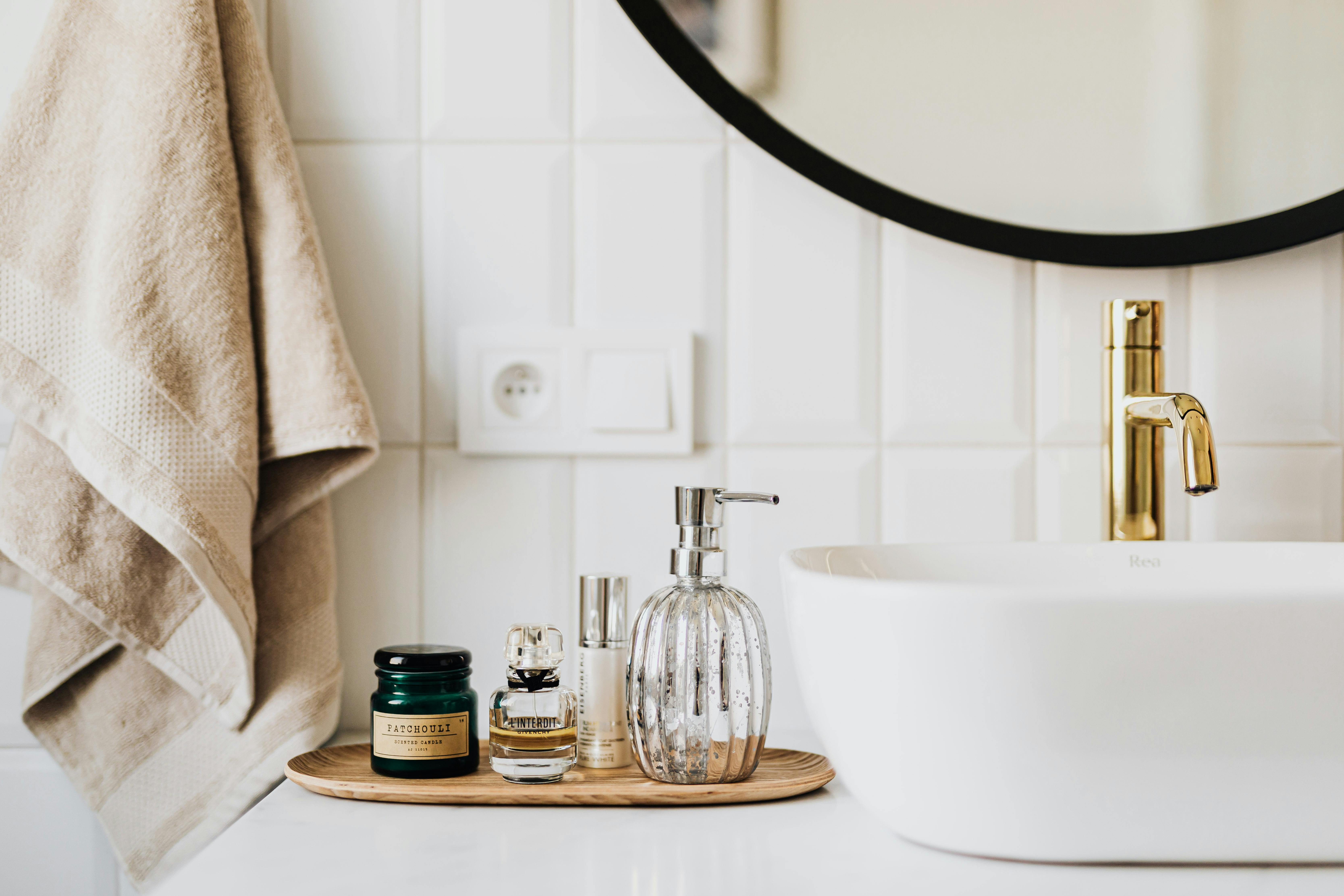Effective Ways to Choose Discus Tank Mates for Success

Apply Now


Effective Ways to Choose Discus Tank Mates for Success
Understanding Discus Fish Behavior
Choosing the right tank mates for your discus fish is crucial for creating a harmonious aquarium environment. Discus fish are known for their unique social behavior and specific needs, which can significantly affect their compatibility with other species. These South American cichlids exhibit a natural temperament that ranges from peaceful to assertive, depending on their surroundings. Understanding these dynamics is essential when considering their tank mates. The social behavior of discus fish includes forming pairs and engaging in shoaling, meaning they thrive in groups, often displaying a sense of community within the tank. This social requirement means your discus will benefit from companions that offer a similar living style. Compatible fish will not only coexist peacefully but will also contribute to creating a balanced ecosystem. Maintaining optimal tank parameters, including temperature, pH, and water quality, is essential for the health of all inhabitants. Stress management in discus is particularly important, as high-stress levels can lead to health complications. Therefore, examining not just compatibility but also the overall environment is vital when selecting suitable fish.Identifying Suitable Tank Mates
When it comes to the best tank mates for discus, selecting peaceful species is key. Ideal candidates often include small to medium-sized fish that share similar water quality needs and are known for their calming behavior. Fish such as tetras, corydoras, and certain types of plecos are commonly recommended. For instance, the neon tetra (Paracheirodon innesi) is a colorful choice that provides visual appeal, while corydoras (Corydoras spp.) play an important role in substrate cleanliness. Additionally, the common pleco (Hypostomus plecostomus) offers a natural cleaning service by consuming algae, contributing positively to the ecosystem. Compatibility also hinges on understanding the growth rates and temperaments of prospective tank mates. Fish like guppies and rainbow fish can coexist well, provided they are introduced carefully. As juvenile discus can be more sensitive to aggressive tank mates, careful consideration is needed when selecting companions for younger fish.Discus Compatibility with Community Fish
It is vital to analyze the compatibility of discus with other community fish to create a thriving environment. For example, discus and angelfish can share a tank but require careful monitoring to prevent aggressive behavior. The interaction can be beneficial if both species are of similar sizes, but caution is advised as they can become territorial. Similarly, discussions around discus and tetra compatibility reveal insights into how community dynamics work. Tetras tend to be non-aggressive and thrive in schools, which aligns well with the social nature of discus. However, it's essential to watch for any fin-nipping behaviors, especially from species like serpae tetras. Understanding fish behavior in captivity can change the way aquarists approach tank dynamics. It encourages fish keepers to observe their tanks regularly, ensuring that no fish are exhibiting signs of stress. Consistent monitoring leads to a healthier community tank setup.Expert Tips for Tank Mate Selection
Assessing Fish Growth Rates
When selecting tank mates for discus fish, considering growth rates is crucial. Discus can grow significantly, reaching sizes of up to 8-10 inches, making it essential to choose compatible fish that will not outgrow them rapidly or engage in aggressive behavior. Small fish like endlers and dwarf rainbows can be ideal due to their slower growth rates, ensuring they can cohabit peacefully with adult discus without feeling threatened or overwhelmed. Moreover, predatory fish or overly aggressive species should be avoided. Fish like barbs are known for their nipping behaviors that can stress discus, which may result in health issues such as fin rot or increased susceptibility to disease. Properly assessing the expected growth of all tank mates provides a better understanding of long-term viability in the aquarium.Creating a Peaceful Environment
Fostering a peaceful tank environment involves incorporating plants and shelters that provide hiding spots. This allows all inhabitants, including discus fish, to feel secure, minimizing stress and fostering harmonious living conditions. Adding live plants such as Vallisneria or Anubias can create natural barriers between fish, helping to alleviate territorial disputes. Moreover, proper tank arrangement strategies can significantly enhance compatibility. For example, providing open swimming areas while maintaining some coverage along the sides encourages natural behavior patterns in discus. Proper aquascaping also includes ensuring that water conditions like temperature and hardness are compatible with the needs of all species involved. Ensuring the correct pH and maintaining water quality are also critical for successful tank dynamics. Discus prefer slightly acidic to neutral pH levels (6.0-7.5), and maintaining stable temperatures around 82-86°F supports their health, especially when cohabitating with other species.Monitoring Tank Dynamics
Ongoing observation and water quality management are paramount when caring for discus and their tank mates. Regular water changes and keeping an eye on ammonia, nitrite, and nitrate levels help maintain a habitat conducive to all species. A well-maintained environment not only promotes fish health but also encourages colorful and lively interactions among tank inhabitants. Veterinary advice on discus health with companions is vital as well. Regular check-ups can prevent any unforeseen issues stemming from inappropriate tank mates or poor water quality. Keeping track of the social behaviors and health indicators of tank mates allows for proactive management of potential problems, fostering a long-lasting success for your aquarium community.Practical Considerations for Discus Tank Planning
Feeding Practices for Discus Fish
One important factor in tank mate compatibility with discus is food compatibility. Understanding the dietary needs of discus, which predominantly consist of high-quality pellets, brine shrimp, and bloodworms, is essential. When feeding tank mates, it’s important to choose companions with similar dietary habits to avoid issues stemming from inappropriate feeding practices. For example, avoiding overly competitive feeders will ensure that all fish receive adequate nutrition without stressing the discus fish. Acquiring quality food and scheduling feeding times can enhance harmony in the tank while promoting proper growth rates across all species.Understanding the Role of Tank Layout
Proper discus tank arrangement strategies play a critical role in the success of maintaining a cooperative aquarium. When planning the layout, consider vertical space and ensure that there are upper-level swimming areas for smaller tank mates, as this provides them with a safe zone away from larger fish. Utilizing decorations such as caves and driftwood not only enhances aesthetic appeal but also creates safe areas for tension relief among more timid species. Regularly reassessing the tank layout as fish grow and their behaviors evolve will contribute to harmonious living conditions.Conclusion on Discus Tank Cohabitation
Choosing tank mates for discus involves understanding their unique behavioral needs and environmental requirements. The right companions not only support the health and well-being of discus fish but also enhance the overall beauty and dynamism of your aquarium. By carefully selecting species based on growth rate, temperament, and dietary compatibility, you can cultivate a thriving community tank that provides a harmonious lifestyle for your discus. Regular monitoring of tank dynamics, water quality, and social interactions will ensure a peaceful habitat where discus can flourish alongside their selected companions. For more resources and guidance, be sure to visit our recommended links [here](https://example.com) to enhance your discus fish journey.
